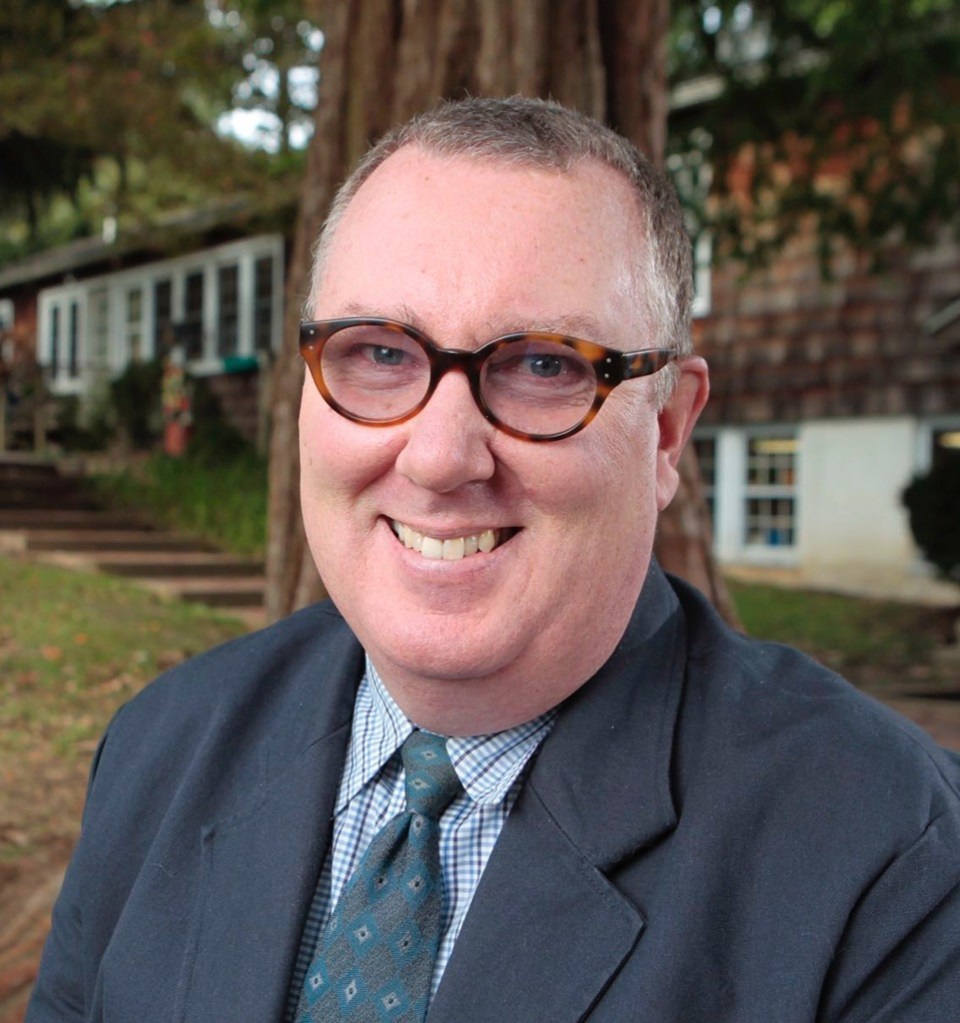It is commencement season, and so I contemplate the succinct messages being delivered to graduating classes. There is a body of thought that usually surfaces at this time of year, delivered by a voice with as much eminence as a school can recruit. They tend to be the voices of prominence and wisdom.
They will sound particularly fresh and new because we don’t hear them very often, and they often stand out starkly against cynical or ironic cultural voices that seem the norm. They will fill some of the bandwidth missing from much of our daily media consumption. They are the voices of the Big Curriculum of life, finding unique identity and promise. They tend to be the voices of our better selves; our most thoughtful, insightful and creative thinkers and speakers.
Here’s one I collected long ago and still ponder. It always takes on new meaning and relevance.
In an acceptance speech for an award, John Taylor Gatto once spoke of “the twelve things that really educated people know.” * They are not the customary educational standards pertaining to the work of the brain and the literacy and numeracy skills that adhere to the trusty 3 R’s of school and form the core of curricula.
These are the qualities of the people who have applied and demonstrated their learning, wherever it might have come from. Perhaps they are the people who have not let school get in the way of their education, to paraphrase Mark Twain.
Gatto, a former New York State Teacher of the Year, said that really educated people do the following:
1. Establish an individual set of values, but recognize those of the surrounding community and of the various cultures of the world.
2. Explore their own ancestry, culture and place.
3. Are comfortable being alone, yet understand dynamics between people and form healthy relationships.
4. Accept mortality, knowing that every choice affects the generations to come.
5. Create new things and find new experiences.
6. Think for themselves; observe, analyze and discover truth without relying on the opinion of others.
7. Favor love, curiosity, reverence and empathy rather than material wealth.
8. Choose a vocation that contributes to the common good.
9. Enjoy a variety of new places and experiences but identify and cherish a place to call home.
10. Express their own voice with confidence.
11. Add value to every encounter and every group of which they are a part.
12. Always ask: “Who am I? Where are my limits? What are my possibilities?”
This list corroborates any amount of the wisdom of the ages as well as our own elders, the voice of grandparents and ancestors; the voice of the worldly as well as humble change-makers – our culture’s most positive voices. The model tacitly instructs us to be sure to pass on what we’ve learned, tested and found to be true; to lend our own voices to the chorus of wisdom. Wisdom is both the authorization for doing so, and its payoff.
* “Weapons of Mass Instruction,” John Taylor Gatto, New Society Books, 2009.
Copy the Story LinkComments are not available on this story.
Send questions/comments to the editors.


